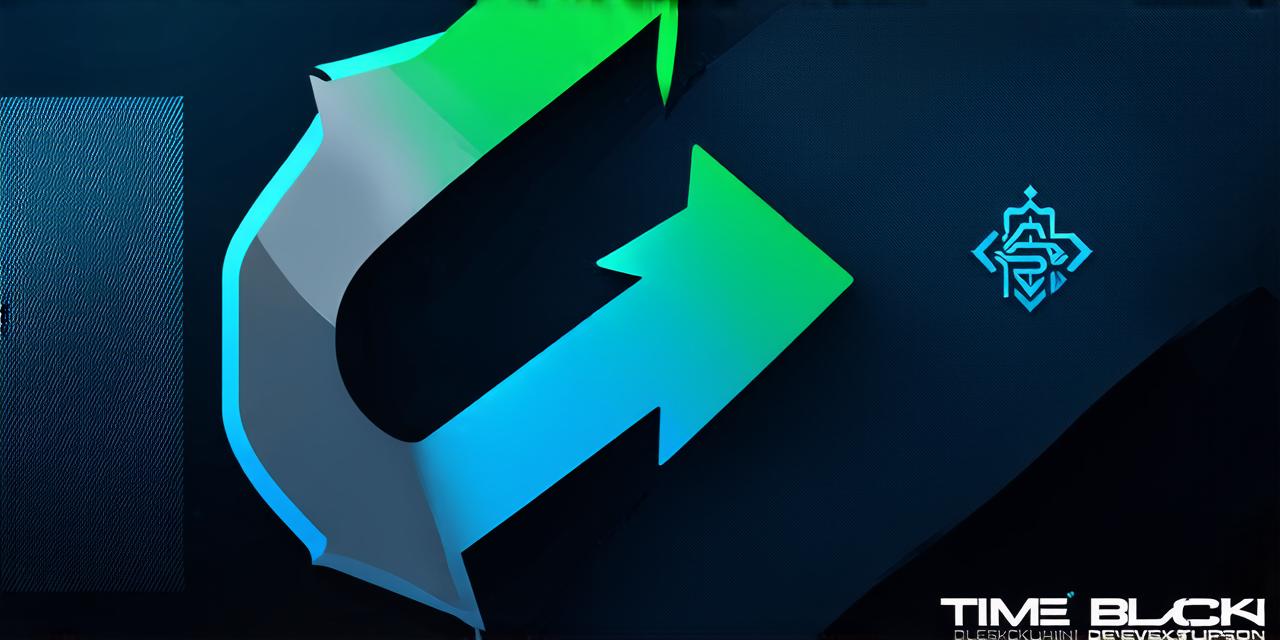Becoming a Blockchain Developer: The Journey
Becoming a blockchain developer involves learning new programming languages and tools, understanding cryptography, distributed systems, data structures, and algorithms. It also requires familiarity with different types of blockchain networks such as public, private, and hybrid.
Factors Affecting Your Journey
Several factors can affect your journey towards becoming a blockchain developer:
- Previous Experience: Having prior experience in software development or a related field can significantly speed up your journey towards becoming a blockchain developer. If you have experience with programming languages such as JavaScript, Python, or Java, you’ll have an easier time learning Solidity and other blockchain development tools.
- Education: Pursuing a degree in computer science, information technology, or a related field can provide you with a solid foundation in the relevant subject matter. Some universities offer specialized courses in blockchain development that can help you gain hands-on experience with the latest tools and technologies.
- Time Investment: Becoming a proficient blockchain developer takes time and effort. It’s essential to invest your time in learning the necessary skills and staying up-to-date with the latest developments in this rapidly evolving field.
The Timeframe for Becoming a Blockchain Developer
While there is no one-size-fits-all answer to how long it takes to become a blockchain developer, we can provide you with an estimated timeframe based on the factors discussed above:
- Beginner: If you have no prior experience in software development or a related field and you’re starting from scratch, you can expect it to take around 6-12 months to become proficient in blockchain development.
- Intermediate: If you have some experience in software development or a related field and you’re looking to specialize in blockchain development, it can take around 3-6 months to become proficient.
- Advanced: If you have significant experience in software development or a related field and you’re looking to become an expert in blockchain development, it can take around 1-2 months to become proficient.
It’s essential to note that these are rough estimates, and the timeframe for becoming a proficient blockchain developer can vary significantly based on your individual circumstances and level of dedication. However, by investing your time and effort into learning and development, you can accelerate your journey towards becoming a blockchain developer.
Case Studies and Personal Experiences
To help illustrate the different factors that can affect your journey towards becoming a blockchain developer, let’s explore some case studies and personal experiences:
Case Study 1: John – Beginner
John is a recent college graduate with a degree in computer science. He has no prior experience in software development, but he’s passionate about blockchain technology and wants to become a proficient blockchain developer. John decides to enroll in an online course that covers the basics of Solidity programming and blockchain development tools.
After completing the course, John spends several months practicing his skills by building small projects on platforms like Remix and Ganache. He also participates in hackathons and coding challenges to gain hands-on experience with real-world blockchain development projects. Within a year of starting his journey, John becomes proficient in Solidity programming and can build basic DApps using popular blockchain networks like Ethereum.
Case Study 2: Sarah – Intermediate
Sarah is a software developer with experience in Java and Python. She’s always been interested in blockchain technology and decides to pursue a specialized course in smart contract development using Solidity.
After completing the course, Sarah spends several months working on her own DApp projects and collaborating with other developers on open-source blockchain projects. Within six months of starting her journey, Sarah becomes proficient in Solidity programming and can design and build complex smart contracts. She also gains experience with decentralized exchanges (DEXs) and other blockchain-based applications.
Case Study 3: Michael – Advanced
Michael is an experienced software developer with a background in data science and machine learning. He’s always been interested in blockchain technology and decides to pursue a master’s degree in blockchain engineering.
During his studies, he specializes in layer two solutions like Plasma and Optimistic Rollups, as well as decentralized finance (DeFi) applications. Within three months of starting his journey, Michael becomes proficient in the latest trends and developments in blockchain technology. He can design and build complex DeFi applications using popular smart contract platforms like Ethereum and Binance Smart Chain.
Real-Life Examples
To further illustrate the different factors that can affect your journey towards becoming a proficient blockchain developer, let’s look at some real-life examples of successful blockchain developers from various backgrounds:
Example 1: Andreas Antonopoulos – Intermediate
Andreas Antonopoulos is a well-known blockchain expert and author who started his career as a software engineer. He later specialized in blockchain technology and has written several books on the subject. Today, Andreas is a popular speaker at blockchain conferences and events and has a significant following on social media.
Andreas’s success story illustrates how an intermediate-level background in software development can be leveraged to become a proficient blockchain developer with specialized knowledge in areas like smart contracts and decentralized applications (DApps).
Example 2: Vitalik Buterin – Advanced

Vitalik Buterin is the founder of Ethereum, one of the most popular blockchain networks in the world. Vitalik started his career as a web developer and quickly became interested in cryptocurrencies and blockchain technology. He later specialized in smart contract programming using Solidity and went on to create Ethereum, which has become the foundation for thousands of DApps and decentralized applications.
Vitalik’s success story illustrates how an advanced-level background in software development and a passion for blockchain technology can lead to significant achievements in the field.
Conclusion
In conclusion, becoming a proficient blockchain developer takes time and effort, but with dedication and hard work, it’s possible to accelerate your journey. Whether you’re a beginner or an experienced software developer, there are many resources available to help you learn the necessary skills and gain practical experience in blockchain development. By investing your time in learning and development, you can become a proficient blockchain developer and contribute to the rapidly evolving world of decentralized applications (DApps) and other blockchain-based innovations.
